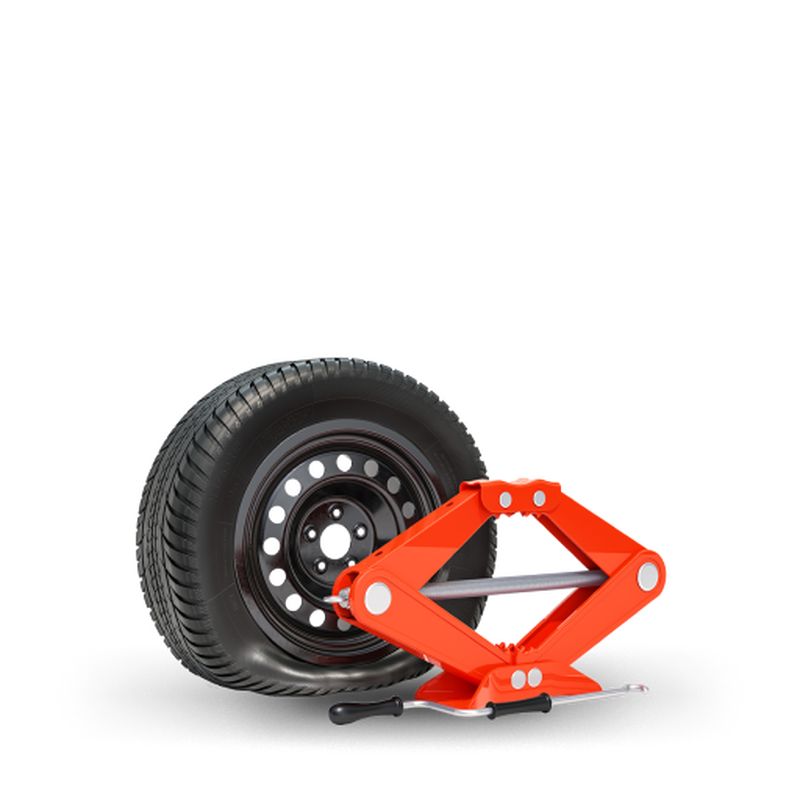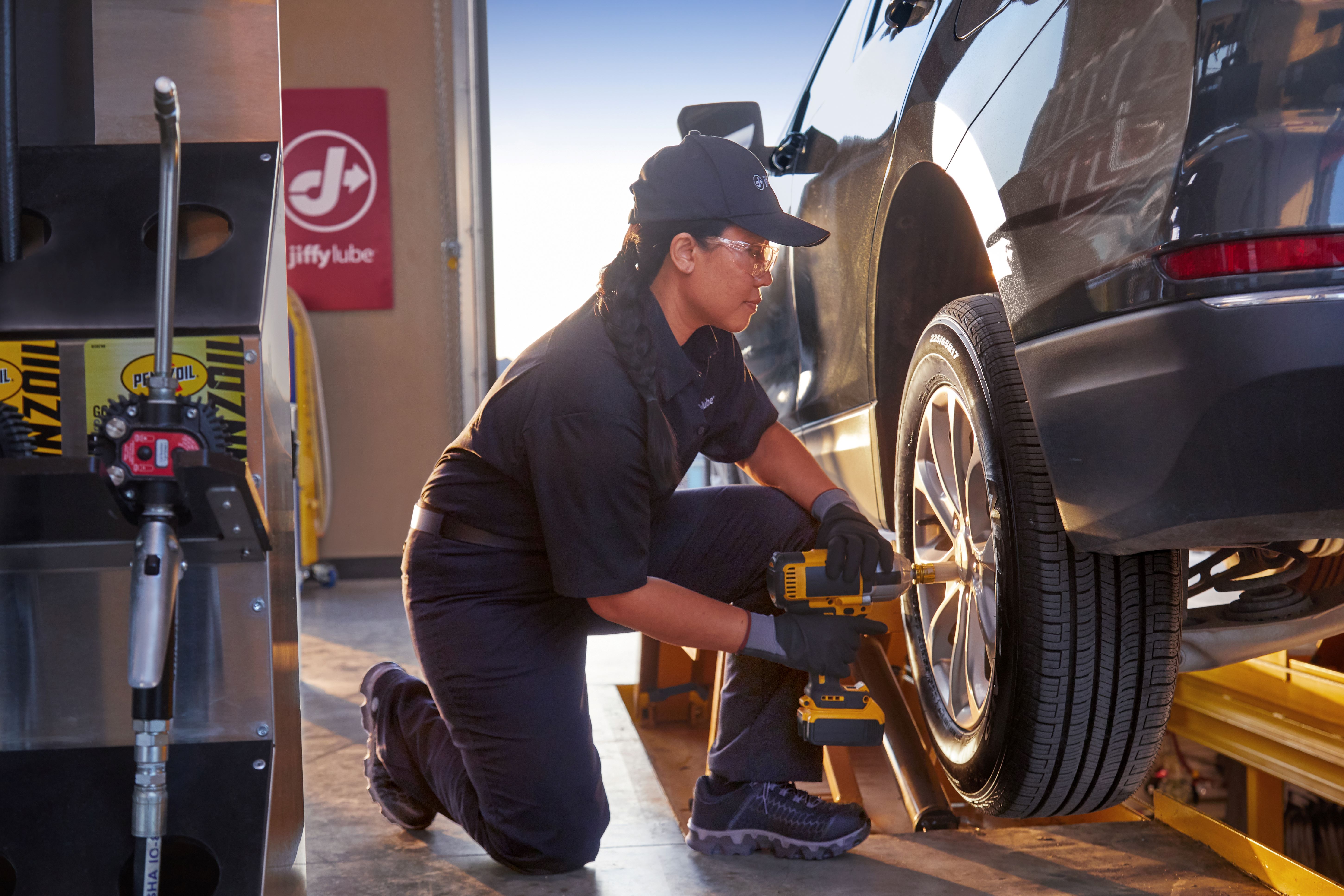Morris Tire: Exceptional Tire Solutions for All Cars
Morris Tire: Exceptional Tire Solutions for All Cars
Blog Article
The Link In Between Tire Solution and Gas Performance
Efficiency in fuel consumption is an extremely important issue for car owners looking for to optimize their driving experience. Among the different variables that affect fuel effectiveness, tire service stands apart as an important component that often goes neglected. The complex partnership in between tire upkeep and gas economy is a testament to the intricate workings of an automobile. By recognizing how tire care directly affects the effectiveness of your automobile, you can unlock a realm of possibilities that not just boost performance but also add to cost financial savings over time.
Value of Appropriate Tire Inflation
Appropriate tire rising cost of living is an important factor in making best use of fuel effectiveness and ensuring optimal automobile efficiency. When tires are underinflated, it develops much more moving resistance, creating the engine to function harder and shed even more gas to keep the same speed. On the various other hand, overinflated tires can bring about a harsher trip, unequal tire wear, and reduced grip. To locate the recommended tire pressure for your lorry, refer to the owner's guidebook or the sticker situated on the chauffeur's side door jamb.
Keeping the appropriate tire stress not just improves fuel efficiency however additionally improves driving security. Effectively inflated tires offer much better handling, braking, and general performance when driving. Furthermore, they add to extending the life-span of the tires, saving you money in the long run by reducing the regularity of substitutes. Consistently examining and changing tire pressure, specifically soon journeys, is a basic yet efficient way to maximize your automobile's fuel economy and make certain a smooth driving experience.
Influence of Tire Tread Depth
Maintaining the advised tire stress is crucial for optimum lorry efficiency and gas effectiveness; likewise, the walk depth of your tires plays an important function in guaranteeing security and traction on the road. Tire step deepness straight affects the ability of your tires to grip the roadway surface area, particularly in wet or slippery problems. Regularly inspecting your tire step deepness and replacing tires when required is a simple yet reliable means to promote both security and gas performance on the roadway.
Function of Wheel Alignment in Performance
Guaranteeing accurate wheel positioning is essential for optimizing automobile efficiency and making best use of fuel economic situation. Proper wheel placement involves changing the angles of the wheels to manufacturer specs, ensuring that they are parallel to each various other and perpendicular to the ground. When wheels are misaligned, it can cause uneven tire wear, enhanced moving resistance, and decreased fuel performance.

Additionally, exact wheel placement can additionally boost taking care of and security, minimizing the amount of energy needed to steer the lorry (tire tracks morris il). By minimizing unneeded rubbing and drag, appropriate wheel alignment plays an important role in enhancing total automobile effectiveness and fuel economy. Normal wheel positioning checks and modifications are important for maintaining optimum efficiency and taking full advantage of fuel financial savings
Link Between Tire Upkeep and MPG
An essential facet of enhancing fuel performance in cars is the maintenance of tires and their straight effect on miles per gallon (MPG) Correct tire maintenance plays an essential duty in optimizing fuel economic situation. One crucial factor influencing MPG is tire pressure. Underinflated tires raise rolling resistance, causing the engine to function more difficult and melt even more gas. On the other hand, overinflated tires reduce the get in touch with patch with the roadway, resulting in irregular wear and decreased gas efficiency. Frequently checking and preserving the appropriate tire pressure can significantly enhance MPG.
Moreover, tire tread depth also influences fuel efficiency. By ensuring tires have sufficient tread depth, drivers can enhance both safety and fuel economy.
Fundamentally, appropriate tire maintenance, including monitoring tire stress and step deepness, is directly linked to achieving optimal MPG. By incorporating normal tire examinations and upkeep into a car care regimen, motorists can not only extend tire life yet additionally enhance explanation fuel efficiency, inevitably conserving money and reducing ecological effect.

Tips for Fuel-Efficient Tire Treatment
Offered the crucial connection between tire maintenance and fuel performance, carrying out efficient methods for maximizing tire treatment is vital to enhancing general automobile efficiency. Turning tires at suggested intervals promotes even tread wear, enhancing fuel efficiency by making certain all tires add equally to vehicle efficiency. By integrating these fuel-efficient tire treatment ideas right into a regular upkeep routine, drivers can maximize gas efficiency, lower running costs, and lengthen the life of their tires.
Conclusion
By regularly preserving tires and adhering to fuel-efficient tire treatment tips, motorists can maximize their vehicle's performance and minimize gas Web Site consumption. It is vital to focus on tire upkeep to not just conserve money on fuel costs yet also to promote overall car effectiveness.
Report this page